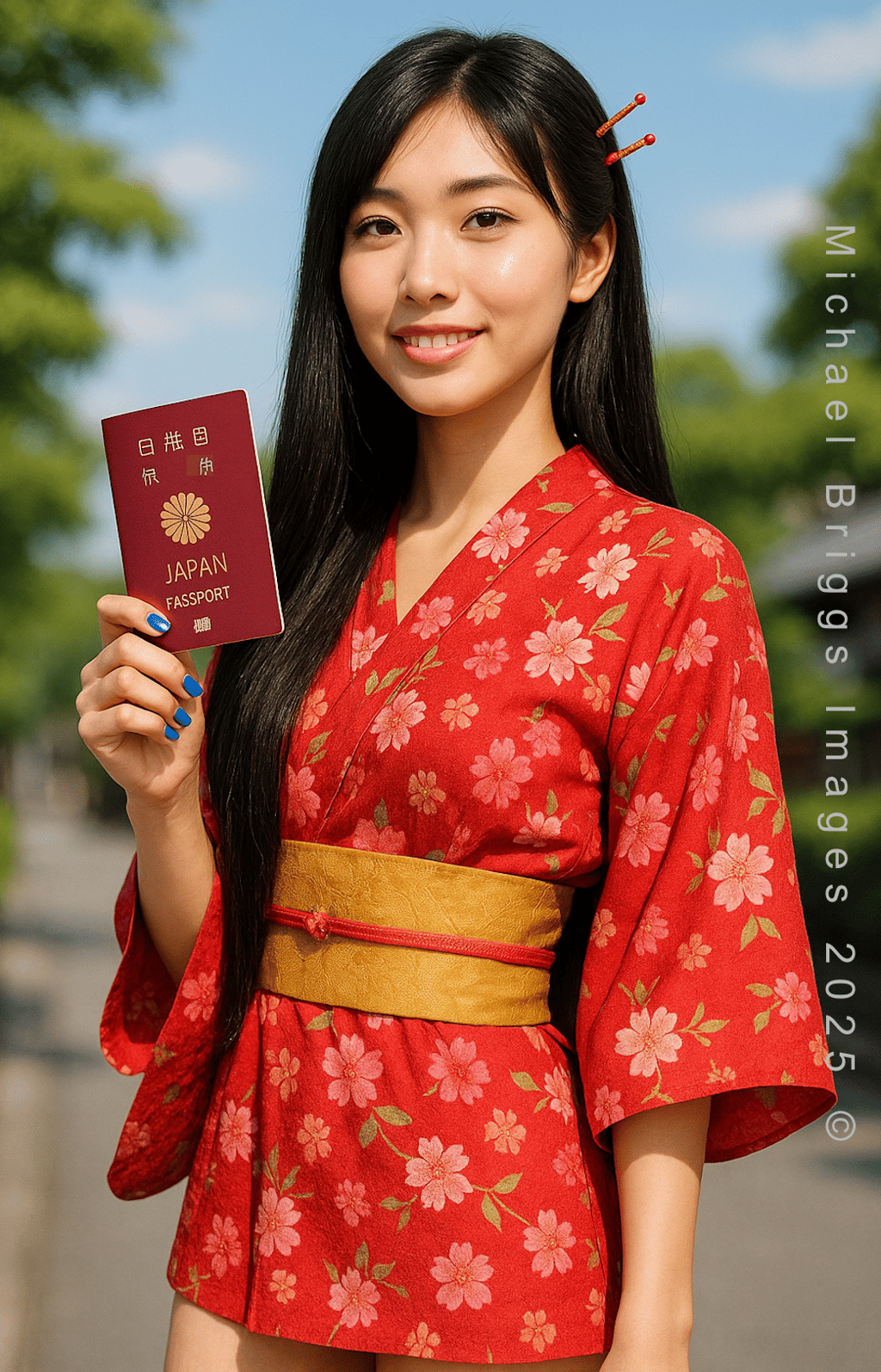Trump-Creates-Hate-And-Fear-In-America
Trump-Creates-Hate-And-Fear-In-America Nanami's experience in America during Trump's presidency highlights her fears about safety and hate. She reflects on Japan as a safer
HAPPENING NOW


KEY TAKEAWAYS
Nanami was scared to stay in America because of what Trump is doing to the USA
Japan is a safe country with less hate because of what Trump is doing in his second term
Nanami was in America on a study abroad program TRUMP ended her plans
Nanami Returns Home from U.S. - “I No Longer Felt Safe”
Daniel TJ International Correspondent Tokyo, Japan
Why I Left America and Came Home to Japan
I wasn’t planning to write this. Honestly, I wanted to leave that chapter behind. But I keep thinking about it—about everything that happened—and it feels wrong to just stay quiet, like none of it mattered. Maybe someone out there needs to hear this. Maybe you’re a student, thinking about going abroad. Maybe you’ve already been and felt the same fear I did. Either way, here’s my story.
So… I spent the last few years studying in the U.S. It was supposed to be this big, exciting, life-changing adventure. You know, the kind of thing you dream about in high school. I wanted to learn about the world, improve my English, meet people from everywhere. And I did, at first. I really did.
But then, everything started to feel… different.
When I first arrived, I remember walking home from the library late at night, earbuds in, just soaking up that American campus vibe. Everyone was friendly, curious about Japan, asking me questions, wanting to try my mom’s onigiri recipe. It felt warm. Welcoming.
But after Trump got re-elected, it was like someone flipped a switch. Suddenly, I felt like I wasn’t invisible anymore—but not in a good way. People noticed me, and not because they were interested. Because I looked “foreign.” Because I was Asian. And the looks started changing. The comments. The energy.
I stopped speaking Japanese on the phone in public. I stopped wearing my favorite outfits. I started walking faster. Avoiding eye contact. Checking behind me at night.
One of my Japanese friends got screamed at outside a convenience store near campus. Just for being there. Some guy yelled, “Go back to China,” like we were trash. Like we didn’t belong. She was shaking when she told me. We all were.
That was kind of the moment I knew I couldn’t stay.
I mean… what kind of experience is that supposed to be? How is anyone supposed to “learn and grow” when you’re just trying to stay safe?
So yeah, I packed up. Canceled my summer plans. Bought a one-way ticket home to Kyoto. The program had technically ended, so it wasn’t like I broke any rules or anything. But emotionally? It felt like I was cutting something short. Like I was giving up.
I cried at the airport. I won’t lie.
But when I landed and saw the familiar green of the hills outside Kansai Airport, it felt like I could finally breathe again. My friend Yui met me, and we went straight to our favorite spot in the old part of town near the temple gate—where we used to hang out as kids, drinking melon soda and talking about what kind of future we wanted.
This time, I wore a red kimono. Not for a festival or anything, just because I wanted to feel grounded. Like myself again. I asked Yui to take a photo of me holding my passport. Not to celebrate, but to remember. That I made it out. That I chose to come home. That I didn’t let fear decide for me.
I used to think America was this big open dream, you know? Like anything was possible. But lately, it’s felt like more and more people feel free to be cruel. Like they’re not even trying to hide it. The hate is louder now. More confident.
And maybe I sound dramatic. I don’t know. I’ve gone back and forth a hundred times, asking myself if I overreacted. But then I think about the girl at the convenience store. The cold stares. The silence in classrooms that used to buzz with kindness. And I know I made the right call.
I still want to create things. I still want to share Japanese culture with the world—especially through fashion. That dream hasn’t died. But I’m not going to chase it in a place where I don’t feel safe walking home alone.
This isn’t me quitting. This is me protecting my peace.
And if you’re reading this, maybe you’ve felt it too. That feeling that something’s changed. That your gut is telling you to go. Listen to it. You’re not weak. You’re not paranoid. You’re not overreacting.
You’re awake.
And coming home? It can be the bravest thing you do.
— Nanami
Kyoto, Japan
July 2025